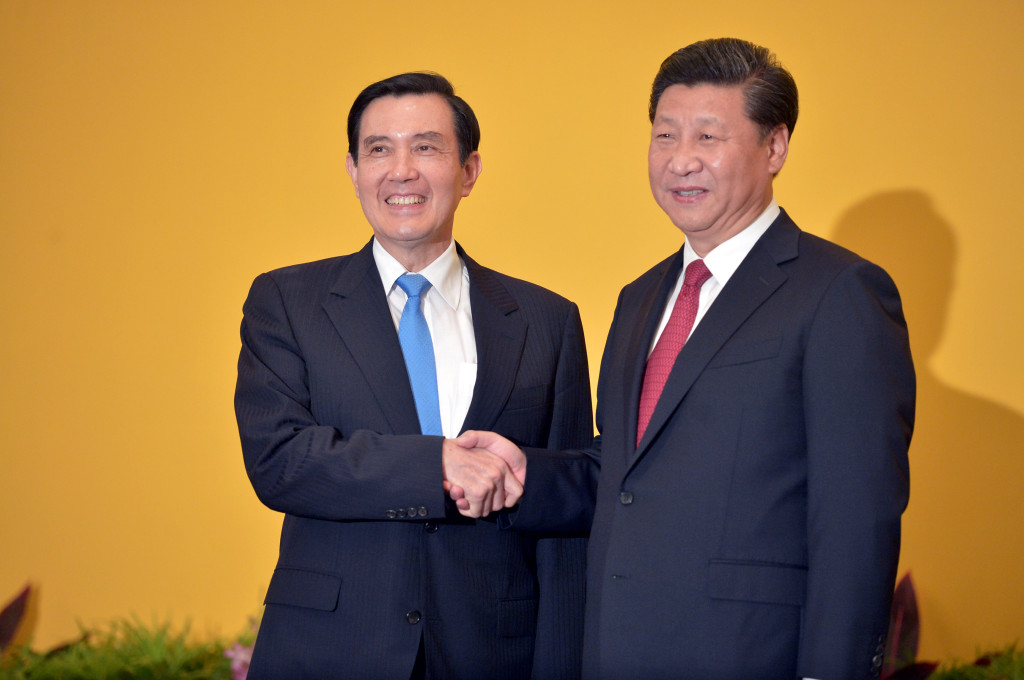
Three days before Donald Trump takes office as the most protectionist and nationalist American president since before World War II, and on the same day that British prime minister Theresa May outlined her vision of a ‘hard’ Brexit from both the European Union and the European single market, Chinese president Xi Jinping (习近平) made an audacious claim for China’s global leadership in the 21st century. ![]()
Xi, who delivered a landmark speech at the World Economic Forum in Davos, Switzerland, made that claim by embracing the values that American leaders have globally championed for decades (at least prior to Trump’s rise): a stable world order, free trade among nations and the notion that globalization, for all its faults, makes everyone better off.
Xi’s speech, the first ever by a Chinese leader at the World Economic Forum, is the most high-profile response so far from China’s president to Trump’s election. Despite Xi’s generally measured and cautious prose — he never once mentioned Trump by name — there’s no way to view Xi’s remarks other than as a warning and a rebuke to the rise of populist nationalism and protectionism in the United States and Europe over the last 18 months.
There’s a lot of justified ridicule of Davos as the gathering of self-important global ‘elites,’ but Xi’s speech today is perhaps the most important one that’s ever taken place during the forum.
Opening with a line from Charles Dickens, Xi pledged to keep opening China’s economy to the world, and he committed China to a stabilizing role in the world, including to the Paris accord on climate change, and to reforming the global financial system to smooth its bumpiest elements.
But the key point from Xi’s speech is this: ironically, jaw-droppingly, and likely not for the first time in the Trump era, the head of the world’s largest and most durable Communist Party took to the international stage to defend some of the fundamental principles of global capitalism.
Make no mistake, Xi Jinping is not coming to Davos to embrace those other values that remain a hallmark of what American global leadership projects — individual liberty, political freedom and liberal democracy with broad-based protections of civil and minority rights. Notably, no one today can claim that the People’s Republic of China under Xi enjoys the same political freedoms as Americans and Europeans do.
In 2016, China ranked 176 out of 180 countries in the Reporters Without Borders press freedom index (only Syria, Turkmenistan, North Korea and Eritrea were worse). Under Xi, Chinese censorship of the Internet has worsened, with fewer VPN networks still available to circumvent state controls. Under Xi, political dissent has been less tolerated than at any time in the recent past, even in traditionally liberal Hong Kong. Critics allege that Xi’s wide-ranging anti-corruption campaign amounts to a power grab designed to eliminate Xi’s internal enemies. Taiwan’s rejection of a services trade agreement with Beijing and the election of a nominally pro-independence president in Tsai Ing-wen (蔡英文) have worsened cross-straits relations. China’s east Asian allies are increasingly on alert over Chinese aggression in the South China Sea.
Nevertheless, Xi’s remarks were a consequential turning point for a country that is home to the world’s largest population (1.3 billion) and its second-largest economy, and a sign that China very much expects to take a stronger global leadership role in the years ahead.
In three key ways, Xi challenged Trump’s world view even before the incoming US president has taken the oath of office. Xi’s gauntlet comes just days after Trump blasted both NATO and the European Union in interviews over the weekend, alienating traditional US allies across the continent and stirring anxiety over the future of the trans-Atlantic alliance. Continue reading Three ways that Xi Jinping, Davos man, undermined Trump today
